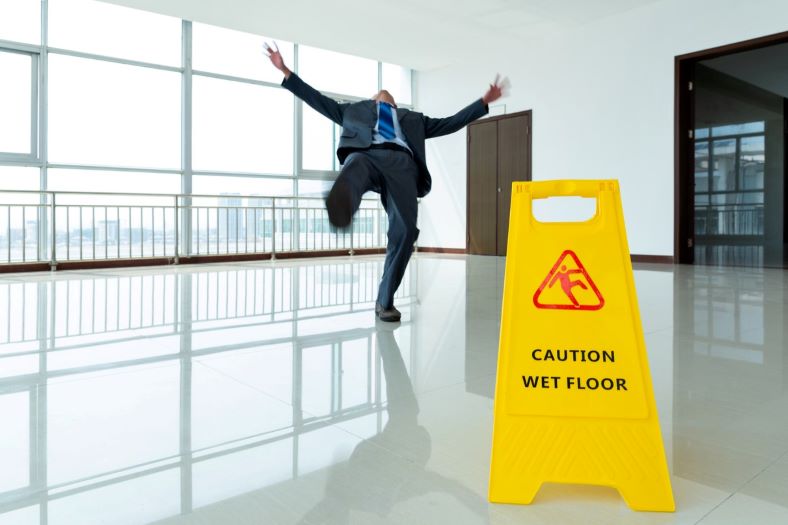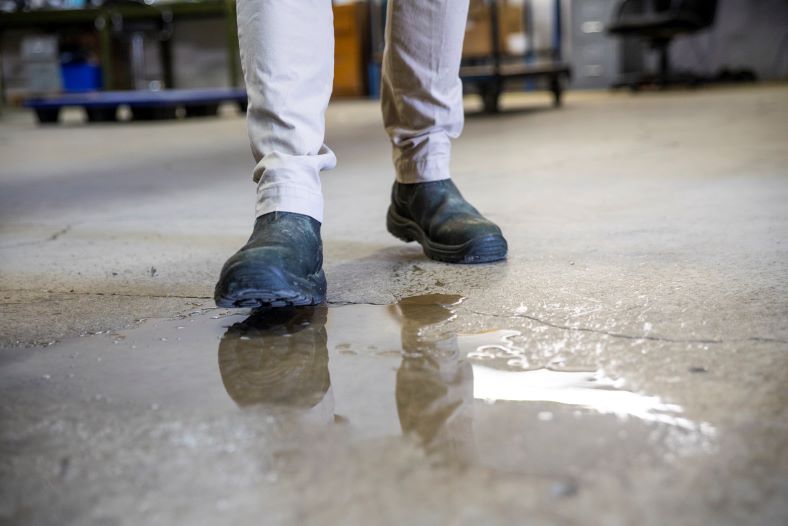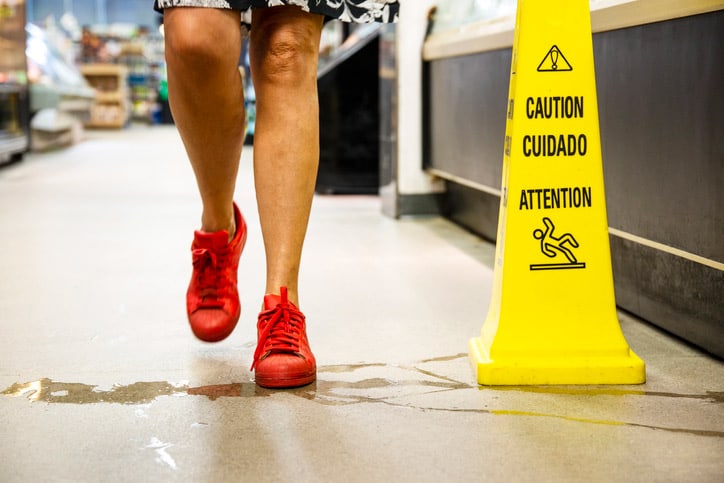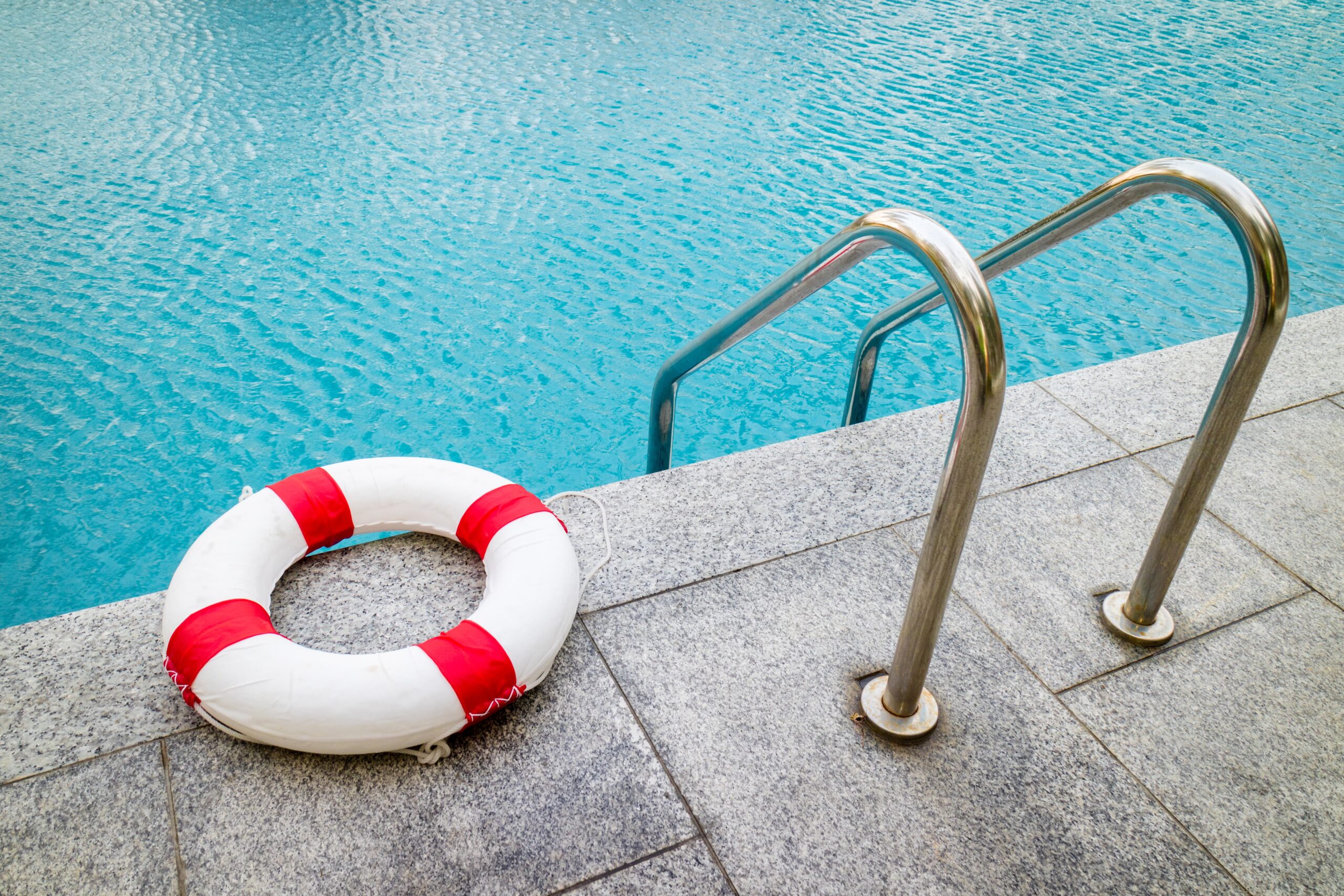How Businesses Should Protect Themselves From Premises Liability Claims
Running a business involves a wide range of tasks and responsibilities. In addition to providing a great product or service, a business must also protect itself against premises liability. If you’re not careful, damages for a premises liability claim can be costly for business owners.
Taking the proper steps against premises liability can prevent costly litigation and time spent responding to a complaint. Our premises liability in Colorado legal team explains what you need to do to protect your business.
What is Premises Liability?
Premises liability is the law that may make a property owner financially liable for damages if someone gets hurt on their property. When property owners fail to take reasonable steps to keep their property safe, they may be liable if someone is hurt in an accident. There are multiple legal standards for premises liability depending on why the injured person was on the property.

What Can Businesses Do To Avoid Premises Liability Claims?
If you own or operate a business, there are things you can do to protect yourself from a costly premises liability case, including the following:
1. Understand What Premises Liability Is
Businesses have an obligation to their customers, social guests, and any person who enters or remains on the property. They must take reasonable steps to keep their property safe. When it comes to customers, the standard is very high.
Under Colorado premises liability laws1, the business must exercise reasonable care and take measures to prevent accidents from dangers they know or should know about. As a business owner, you must take care to protect against dangers on the property and be proactive to prevent accidents.
2. Evaluate Risks
Once you understand your duty of care regarding premises liability, the next thing to do is a risk assessment. Consider questions like:
- Where do customers walk?
- What needs to happen to ensure the path is safe and the surface is navigable?
- Are there electrical or chemical dangers?
- What about lighting and security?
A good business owner should continually evaluate how injuries may occur on the property.

3. Manage Risks
After you identify the dangers, it’s time to manage risks. For example, ensuring that employees periodically check high-traffic areas for spills can allow you to remedy hazards before an accident occurs. Maintain tools, equipment, and other things used in your business. Also, remember to address fire safety as you mitigate risks for your customers.
4. Step Up Security
Not all premises liability claims are slip and fall cases. For example, when someone robs or attacks someone else in your parking lot, the business may be liable for failing to provide adequate security. Cameras and boots-on-the-ground security staff may play a role in providing reasonable protection for your customers.
In addition, adequate lighting may improve the overall security of the property. Make sure you perform maintenance and conduct periodic inspections of your premises and equipment.
5. Use Signs
To avoid an unreasonable failure to warn, signs can give customers the information they need to keep themselves safe. Instruct customers where they should go and provide instructions for safety measures. However, do not rely on signs alone. A sign by itself is not enough to protect you from liability for a dangerous condition, but it can help prevent an accident from occurring.

6. Buy Insurance
General liability insurance protects a business from a range of liability issues, including bodily injury and property damage. It is meant to give businesses peace of mind and financial stability when they face liability for various problems. The amount of insurance and the cost may vary based on several factors.
7. Respond When Incidents Occur
Business owners and operators should be prepared to respond when incidents occur. For example, when someone reports an injury, you should be ready to take an incident report. Take photographs of the scene where the accident occurs. Save records and any paperwork.
Gathering the information you need can help you ensure that any premises liability claims are handled fairly and efficiently, even when you’re responsible for the condition that caused the accident.
Can I Make People Entering My Property Waive Liability?
It’s unlikely that you can use a liability waiver to protect against premises liability. A waiver can be helpful to limit risks for participation in a dangerous activity. However, a liability waiver is not likely to protect a business owner from the inherent risks of entering a property.
Protecting yourself from business premises liability lawsuits takes many steps. The first step is doing an overall assessment of where dangers exist. Then, create a plan for the business to mitigate risks each day. Be sure to consider a wide range of hazards, including slip and falls, security, vehicle and equipment malfunctions, and chemical dangers. Be ready to respond appropriately when incidents occur. Also, business insurance may protect you.
About Our Premises Liability Colorado Lawyers
The Bachus & Schanker premises liability lawyers represent individuals who are injured on a property. If you are hurt because of dangerous conditions on commercial property, our lawyers can help you review your case and claim compensation. Contact us today for an evaluation from our legal team.
Sources:






